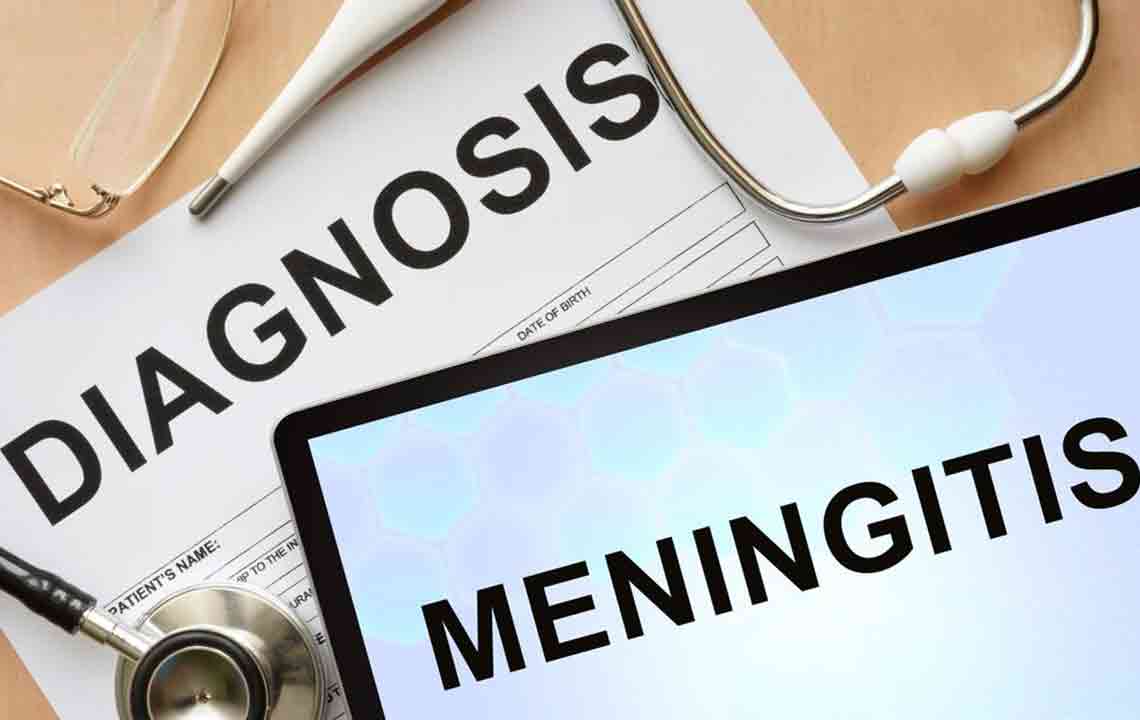Effective Strategies for Managing Meningitis
Discover comprehensive methods for diagnosing and treating meningitis. This guide highlights essential diagnostic procedures like blood tests, imaging, and lumbar puncture, alongside tailored treatments for bacterial, viral, fungal, and other types of meningitis. Understand the importance of early detection and hospital management to ensure effective recovery. Consult healthcare professionals for precise diagnosis and appropriate therapy options.

Effective Strategies for Managing Meningitis
Diagnosing meningitis accurately is crucial for determining the appropriate treatment. When someone exhibits symptoms, consulting a healthcare professional helps assess the severity and guide therapy. Proper diagnosis begins with understanding the patient's medical history and conducting physical examinations, supplemented by diagnostic testing.
Early detection involves various methods, including blood tests, imaging scans, and lumbar punctures. Blood cultures identify bacteria, while CT or MRI scans reveal inflammation or swelling. A spinal tap confirms the diagnosis by analyzing cerebrospinal fluid, helping identify the cause and inform treatment options.
Infections around ears, head, throat, and spine are examined during physical assessments. Diagnostic tests such as blood cultures and imaging help identify the underlying cause. CSF analysis via lumbar puncture is essential for confirming meningitis and determining if it's viral, bacterial, or fungal.
Ways to Treat Meningitis
The treatment approach depends on the type of meningitis diagnosed. Generally, bacterial meningitis requires prompt antibiotic therapy, often delivered intravenously, along with corticosteroids to reduce inflammation and prevent complications. The antibiotics selected target specific bacteria, and sometimes broad-spectrum antibiotics are used initially.
For viral meningitis, antibiotics are ineffective, and management focuses on supportive care such as hydration, rest, and pain relief. Corticosteroids may be given to reduce brain swelling, and antiviral medications are prescribed if herpes or other viruses are involved.
Multiple types of meningitis exist, including fungal, tuberculous, and noninfectious forms. Treatment varies accordingly. Fungal meningitis may require antifungal drugs, while autoimmune or allergic causes are managed with corticosteroids. Some cases resolve without treatment, but others necessitate targeted therapy based on laboratory findings.
Hospitalization is often necessary to monitor and perform diagnostic tests to confirm the cause and tailor treatment strategies. Proper diagnosis is vital for effective management and recovery.










